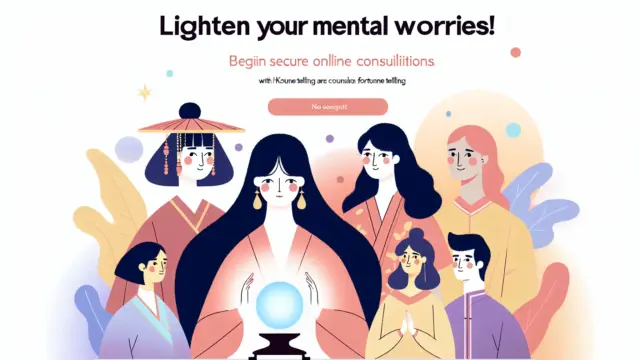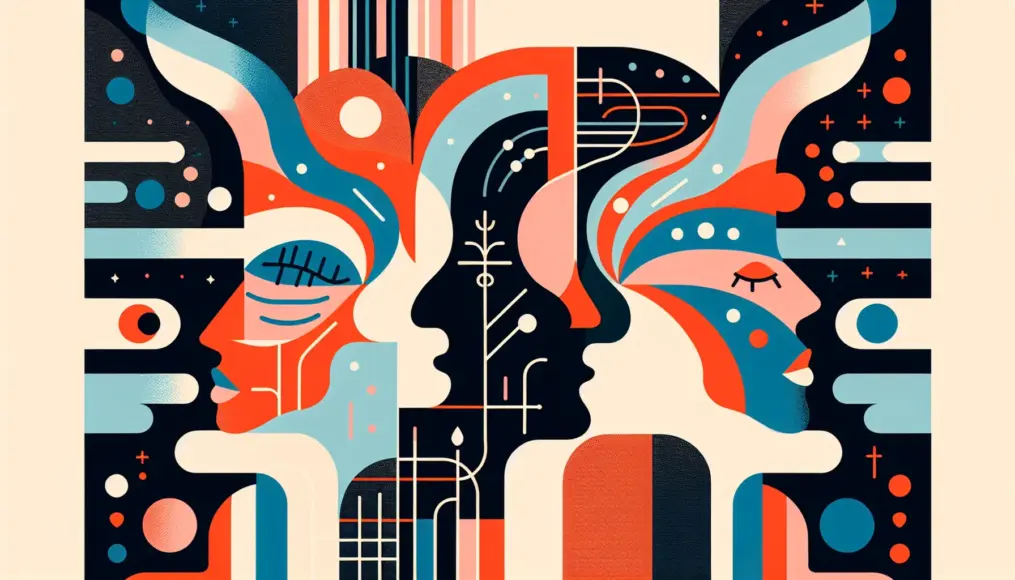Have you ever caught a man looking away and pondered what might be going through his mind? It’s easy to chalk it up to shyness or disinterest, but there’s often a deeper psychological narrative at play. In this blog, we’ll delve into the reasons behind this behavior and explore steps toward greater self-awareness, which can enrich your relationships.
We all occasionally find ourselves puzzled by our partner’s actions. A simple act like looking away can actually be laden with a spectrum of emotions. Through this article, we aim to unravel the meaning behind these facial movements and offer insights to help you strengthen your partnership.
- Explore the psychological reasons why men look away
- Analyze how facial movements impact communication
- Discover steps to deepen your self-understanding
Why Do Men Look Away? A Philosophical Exploration
Have you ever noticed when a man looks away during a conversation and wondered what’s really going on in his mind? This seemingly simple action is more than just an unconscious gesture—it’s a window into a complex network of emotions and psychological factors. In this article, we’ll delve into the psychological reasons behind why men look away and explore the deeper meaning of communication from a philosophical standpoint.
The Psychological Underpinnings of Looking Away
When a man averts his gaze, it can stem from a variety of psychological triggers such as lack of interest, anxiety, or tension. Men often find it challenging to express their emotions directly, and looking away can serve as a protective mechanism. This behavior acts as a form of self-defense, allowing them to maintain an emotional distance from the person they are interacting with.
- Looking away can be a form of psychological defense
- Many men struggle with expressing emotions
- Anxiety and tension can cause men to avert their gaze
Communication from a Philosophical Perspective
From a philosophical angle, communication transcends mere verbal exchanges—non-verbal cues play a crucial role as well. Looking away might be conveying its own kind of message. Philosophers argue that conveying emotions and thoughts without words is an integral part of communication.
- Non-verbal cues are essential in communication
- Understanding the messages behind facial movements
- Emotions and thoughts beyond words matter too
The Importance of Facial Movements in Communication
As we touched on in the previous section, when men turn their faces away, it’s often rooted in deep psychological factors. But facial movements play a significant role in communication beyond that. They convey emotions and help us interpret the feelings of others, making them a crucial non-verbal element. Let’s delve into how facial expressions convey emotions and their role in non-verbal communication.
Emotions Conveyed by Facial Movements
Facial expressions have the power to communicate a wide range of emotions without saying a word. A smile, for instance, often conveys happiness or friendliness, while turning away can indicate embarrassment or anxiety. When men avert their gaze, it’s frequently a sign they’re experiencing some emotional reaction towards the other person. By interpreting these facial cues, we can engage in more empathetic communication.
- A smile conveys happiness and friendliness
- Turning away expresses embarrassment or anxiety
- Facial movements help interpret others’ emotions
The Role of Non-Verbal Communication
Non-verbal communication is a vital way to convey messages without words. While it includes gestures and posture, facial movements are particularly effective at conveying emotional nuances. Understanding actions like a man turning his face away as non-verbal messages can provide insights into his psychological state.
- Non-verbal communication conveys messages beyond words
- Facial movements effectively communicate emotional nuances
- Turning away is part of non-verbal messaging
Exploring the Psychology Behind Why Men Look Away
In the previous section, we discussed the importance of facial movements in communication. Now, let’s delve into the psychological reasons why men might intentionally look away during interactions. This behavior often stems from self-defense mechanisms, anxiety, and nervousness.
Looking Away as a Self-Defense Mechanism
For some men, looking away can serve as a form of self-protection. Men who find it challenging to express their emotions may look away to guard their inner selves. This unconscious action helps them avoid criticism or judgment from others, effectively creating an emotional barrier.
- Looking away as a self-defense mechanism
- Common among men who struggle with emotional expression
- Unconscious behavior to avoid others’ judgments
Connection to Anxiety and Nervousness
Looking away is also closely linked to feelings of anxiety and nervousness. In significant moments or when meeting someone for the first time, this behavior may arise from tension. It’s not necessarily a sign of disinterest; rather, it’s often part of an internal process to organize one’s thoughts and emotions.
- Linked to anxiety and nervousness
- Triggered by tension in important situations
- Part of organizing personal feelings
Steps to Deepen Self-Understanding
In previous sections, we’ve delved into the psychology behind men looking away and the significance of facial movements in communication. Now, let’s explore specific steps to deepen your self-understanding and build better partnerships. Understanding your own emotions and behaviors is a significant aid in enriching relationships with others.
Ways to Confront Your Emotions
Facing your emotions is the first step toward deepening self-understanding. Consider the emotions that make you look away and become more attuned to your feelings in daily life. By writing down your emotions or setting aside time to calm your mind, you can organize your feelings better, paving the way for a healthier self-comprehension.
- Write down your emotions
- Be more sensitive to your feelings in daily life
- Take time to calm your mind
Tips for Strengthening Partnerships
To enrich partnerships, it’s essential to understand and respect your partner’s feelings. When you notice someone looking away, try to sense their psychological state and offer quiet support instead of pressing them. Through open communication, sharing, and understanding each other’s emotions, you can build a stronger relationship.
- Understand and respect your partner’s feelings
- Gently accept when someone looks away
- Share and deepen understanding of each other’s emotions
Summary
When a man turns his face away, it’s not just a fleeting gesture; there’s a deeper psychological backdrop at play. Understanding this behavior can lead to greater self-awareness and improved partnerships. Facial movements are a crucial way to express emotions that words often can’t capture. By learning why a man might avert his gaze, you can enhance communication quality and find insights for building better relationships.
The act of looking away is often tied to feelings of self-defense, anxiety, or tension. Therefore, it’s important to approach others with understanding and empathy. The steps discussed in this article for deepening self-awareness are easy to incorporate into daily life and can be instrumental in fostering healthier partnerships.
- Turning away has a deep psychological background
- Enhancing self-awareness and partnerships is crucial
- It’s important to deepen understanding of non-verbal communication
Going forward, try to pay attention to facial movements and see how they can deepen your connections. By valuing each other’s feelings, you can build more fulfilling partnerships. Feel free to share your experiences and thoughts in the comments!







Comment